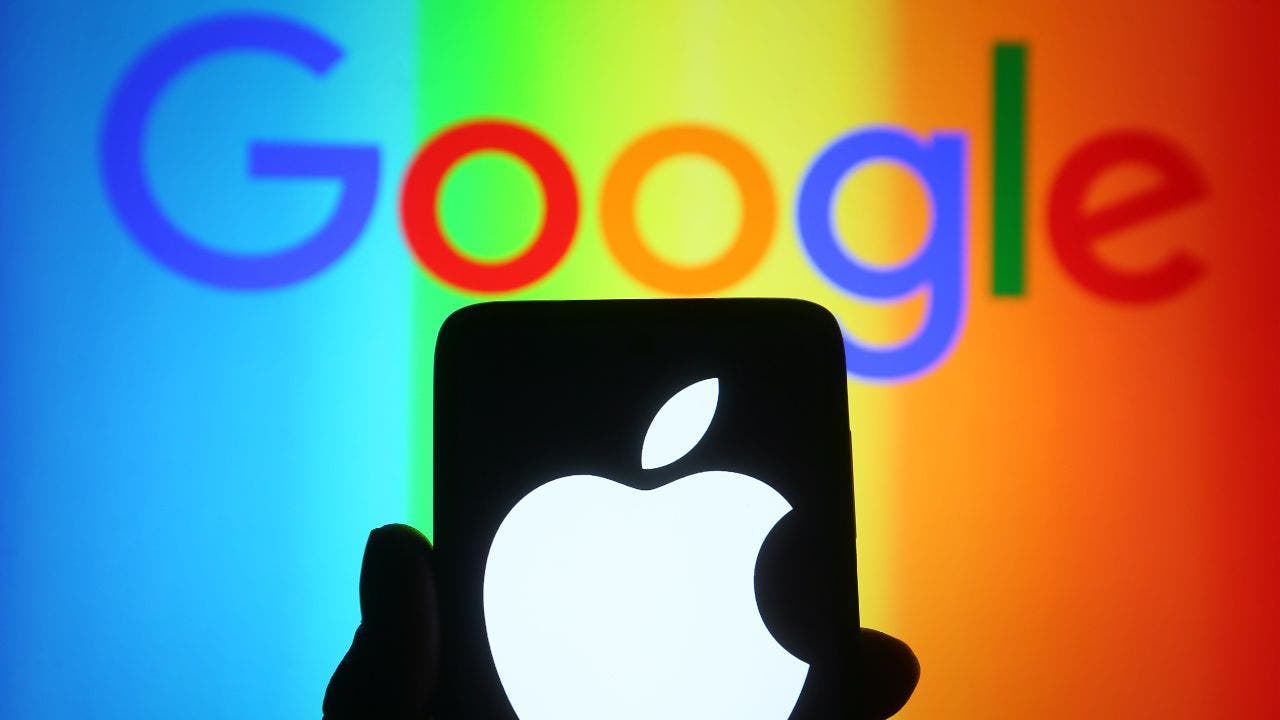
In the dynamic realm of technology, few rivalries are as prominent and far-reaching as the ongoing conflict between Apple and Google. These two tech giants, each commanding vast ecosystems of products and services, have clashed on multiple fronts, from mobile operating systems and app stores to digital advertising and privacy policies. As their competition intensifies, it’s essential to understand the roots of this conflict and its implications for the broader tech landscape.
The Origins of the Conflict:
The rivalry between Apple and Google can be traced back to their divergent approaches to the mobile market. In 2007, Apple revolutionized the industry with the launch of the iPhone and its proprietary iOS operating system. Meanwhile, Google entered the fray with the development of Android, an open-source mobile operating system that quickly gained traction among smartphone manufacturers.
As iOS and Android emerged as the dominant platforms, Apple and Google found themselves competing not only for market share but also for control over the mobile ecosystem. Key battlegrounds include:
- App Stores: Both Apple’s App Store and Google’s Play Store serve as gatekeepers for mobile applications, regulating access to millions of apps and generating substantial revenue through commissions on app sales and in-app purchases. Tensions have arisen over issues such as app store fees, developer policies, and antitrust concerns.
- Digital Advertising: Google’s dominance in online advertising, particularly through its search engine and display network, has long been a source of contention for Apple. The companies compete for advertising dollars, with Apple advocating for user privacy and data protection while Google relies on targeted advertising fueled by user data.
- Privacy and Security: Apple has positioned itself as a champion of user privacy, implementing stringent measures to protect customer data and enhance security across its products and services. In contrast, Google’s business model relies heavily on data collection and targeted advertising, leading to conflicts over privacy practices and data sharing.
Key Areas of Conflict:
- Antitrust Scrutiny: Both Apple and Google have faced antitrust investigations and lawsuits related to their market dominance and alleged anti-competitive practices. Authorities in various jurisdictions, including the United States, Europe, and Asia, have scrutinized their business practices, app store policies, and treatment of third-party developers.
- Platform Wars: The competition between iOS and Android extends beyond smartphones to other devices and services, including tablets, wearables, smart speakers, and streaming media platforms. Apple’s closed ecosystem and tight integration between hardware and software contrast with Google’s more open approach, leading to friction over interoperability and compatibility.
- Strategic Alliances and Partnerships: Despite their rivalry, Apple and Google have occasionally collaborated on strategic initiatives, such as integrating Google’s services into Apple’s products (e.g., Google search as the default search engine on Safari) or licensing patents for mutual benefit. However, these partnerships are often temporary and subject to change as competitive dynamics evolve.
Implications for the Tech Industry:
The conflict between Apple and Google has far-reaching implications for the tech industry, shaping competition, innovation, and consumer choice. Key considerations include:
- Innovation and Differentiation: Competition between Apple and Google spurs innovation and drives technological advancements across various product categories, benefiting consumers through improved features, performance, and user experiences.
- Market Dynamics and Consumer Welfare: Antitrust scrutiny and regulatory interventions aimed at curbing anti-competitive behavior can influence market dynamics and promote fair competition, ultimately benefiting consumers by fostering innovation, choice, and affordability.
- Privacy and Data Protection: The clash between Apple’s privacy-centric approach and Google’s data-driven business model highlights broader debates around user privacy, data protection, and digital rights. The outcome of this conflict may shape industry norms and regulatory frameworks related to data privacy and security.
Conclusion:
The conflict between Apple and Google underscores the complex interplay of competition, innovation, and regulation in the tech industry. As these two titans continue to vie for dominance across multiple fronts, their actions and decisions will reverberate throughout the digital ecosystem, shaping the future of technology and its impact on society. Whether through strategic alliances, legal battles, or technological breakthroughs, the Apple-Google conflict remains a defining feature of the modern tech landscape, with profound implications for stakeholders worldwide.




